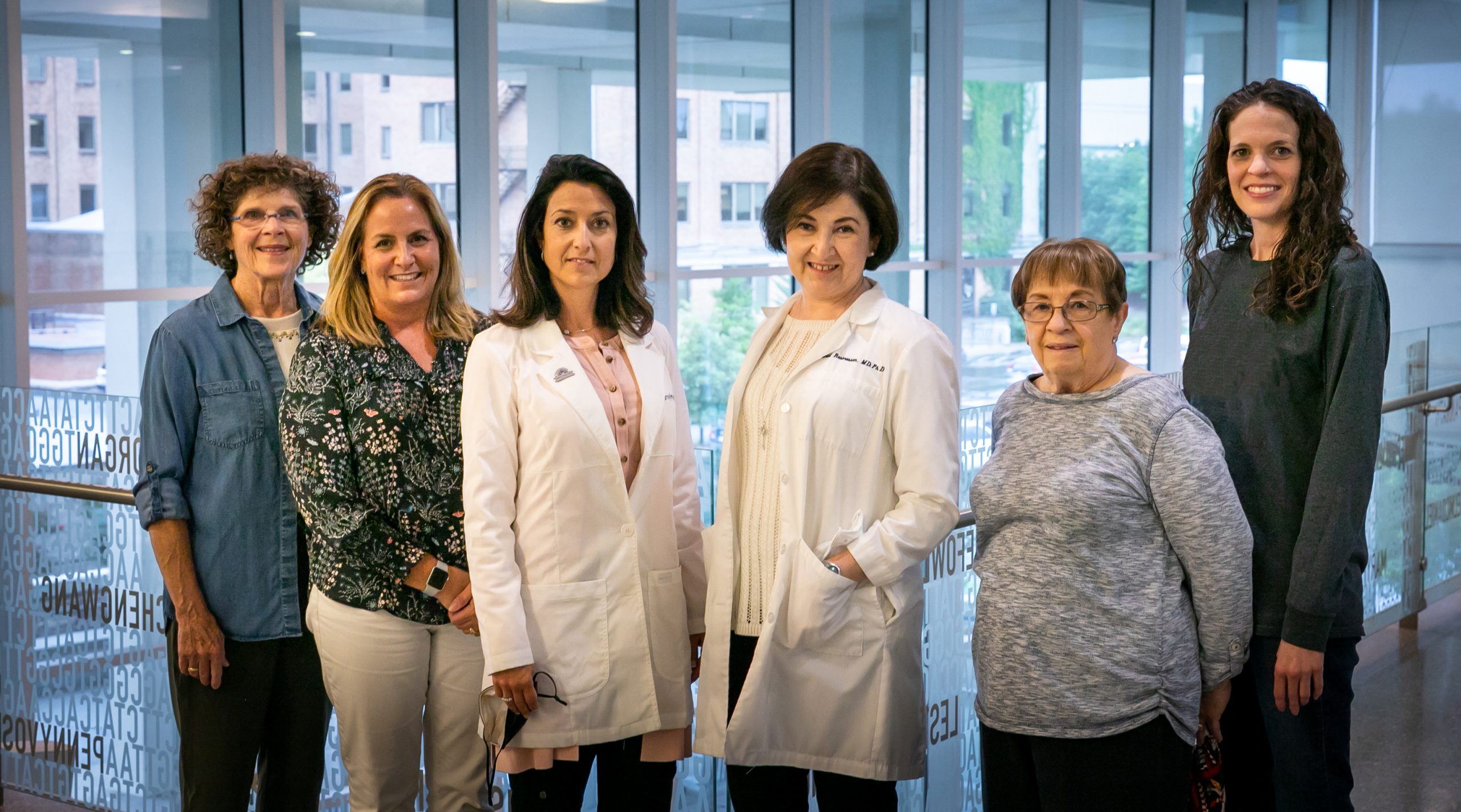Sarcoidosis Research Unit
About Sarcoidosis
What is sarcoidosis?
Sarcoidosis is a painful condition where cells in the immune system that cause inflammation overreact and cluster together to form tiny lumps called granulomas. These cell clumps can form in the eyes, liver, skin and brain but most often are found in the lungs. If too many granulomas form in a single organ, they can cause the organ to malfunction or even fail completely.
Sarcoidosis is often more severe and prevalent in African Americans, but men and women of all races and ethnicities can be affected.
Sarcoidosis has both genetic and environmental risk factors that work in concert to influence disease onset and progression. We aim to identify these risk factors so that in the near future improved diagnosis, treatment and even disease prevention become a reality.



